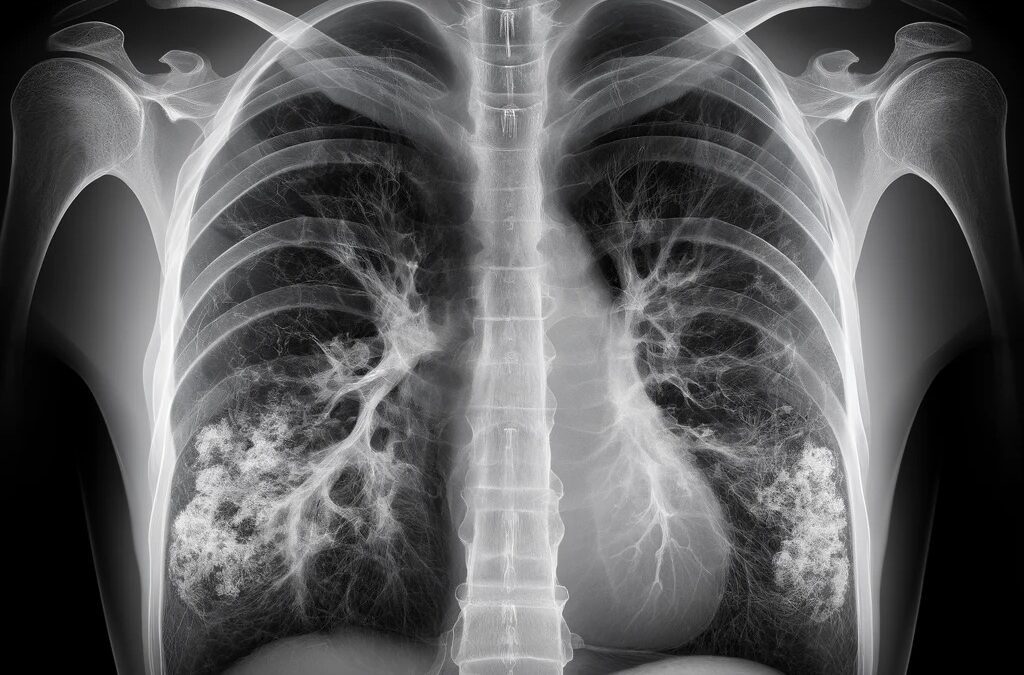This systematic review and meta-analysis led by Athanasios Vassilopoulos and colleagues focuses on the effectiveness of prophylactic Trimethoprim-Sulfamethoxazole (TMP/SMX) in preventing Pneumocystis Jirovecii Pneumonia (PJP) among patients with Autoimmune Inflammatory Rheumatic Diseases (AIRD) receiving high-dose glucocorticoids. The study aggregated data from multiple-arm studies accessed through PubMed and EMBASE, involving patients from Japan, Korea, Thailand, and India, published between 2013 and 2021.
The analysis revealed a significant reduction in the incidence of PJP among those who received TMP/SMX compared to those who did not, with the relative risk of PJP being 76% lower in the TMP/SMX groups. Both “standard-dose” and “low-dose” TMP/SMX regimens effectively prevented PJP, with an incidence of zero in these groups compared to 2.95% in the non-prophylaxis group during the initial 3-12 months of treatment. Moreover, PJP-related mortality was also reduced to zero among patients receiving any dose of TMP/SMX.
However, the study also noted that the incidence of TMP/SMX-related adverse events was relatively high (around 24%) but did not significantly differ between the “low-dose” and “standard-dose” groups. This finding underscores the need for further clinical trials to evaluate the efficacy and safety of different prophylactic TMP/SMX dose regimens over the long term.
These findings were presented at a poster session focused on infection-related rheumatic diseases, emphasizing the critical role of prophylactic treatment in managing infection risks among patients with AIRD undergoing intensive immunosuppressive therapy.

